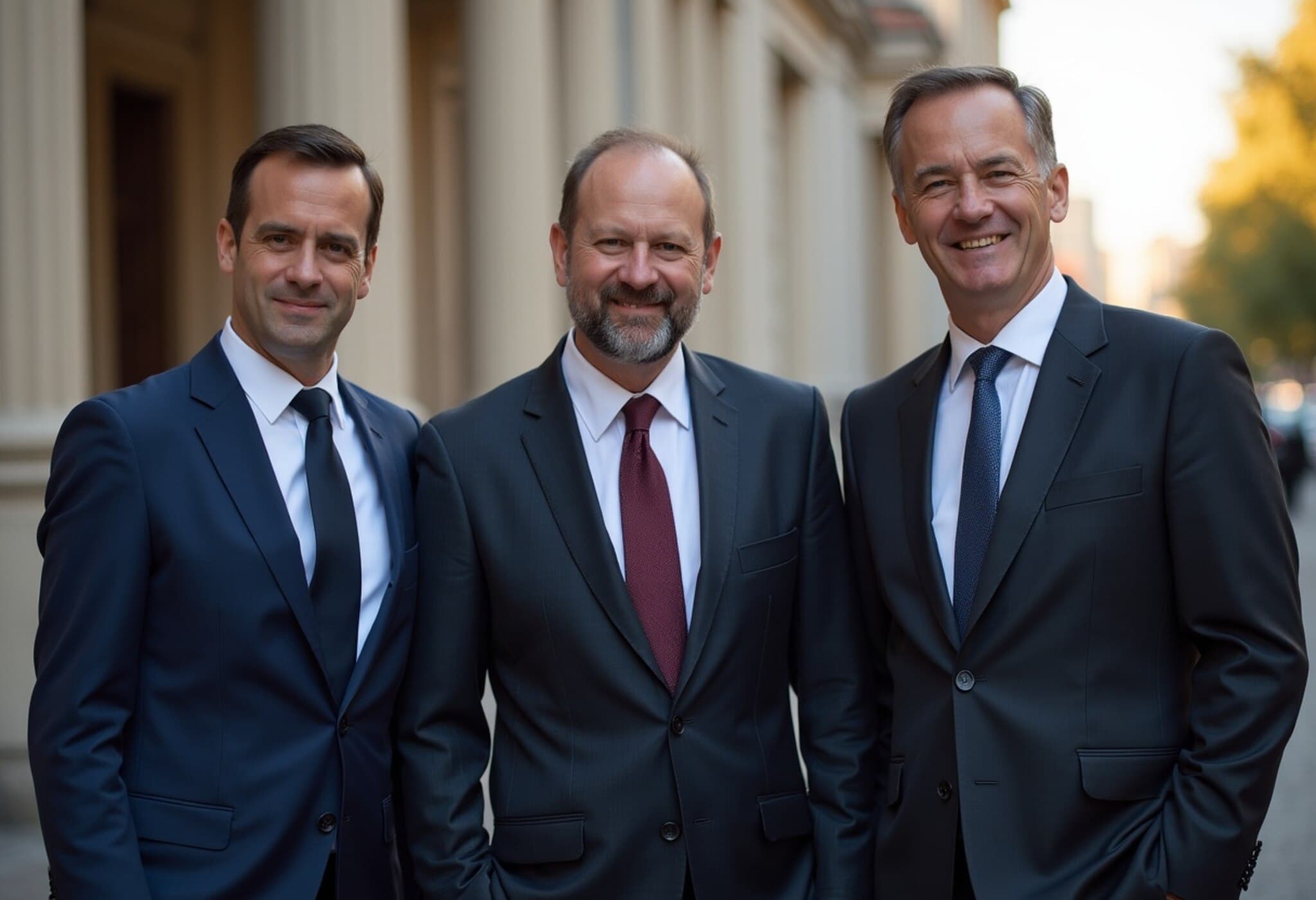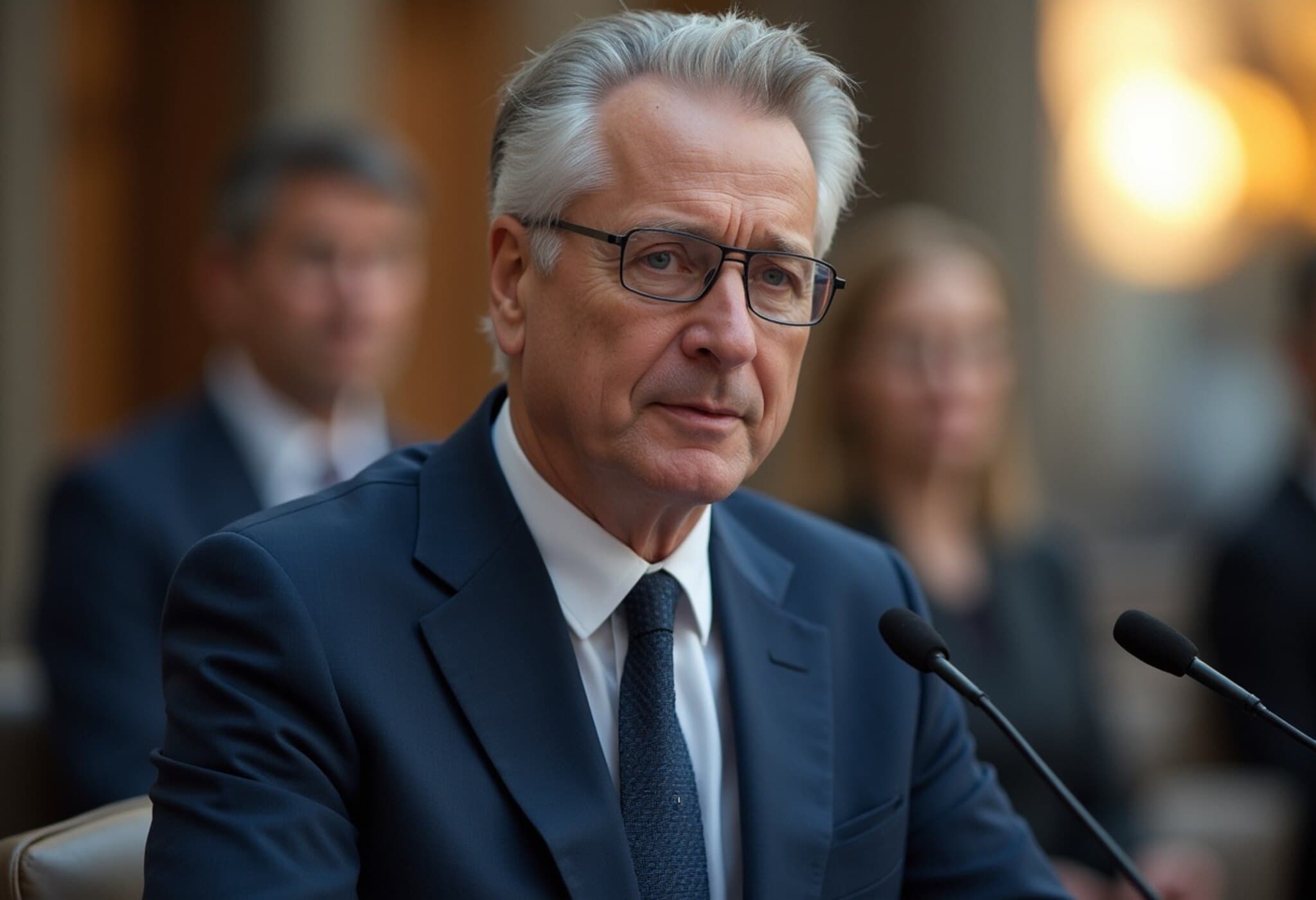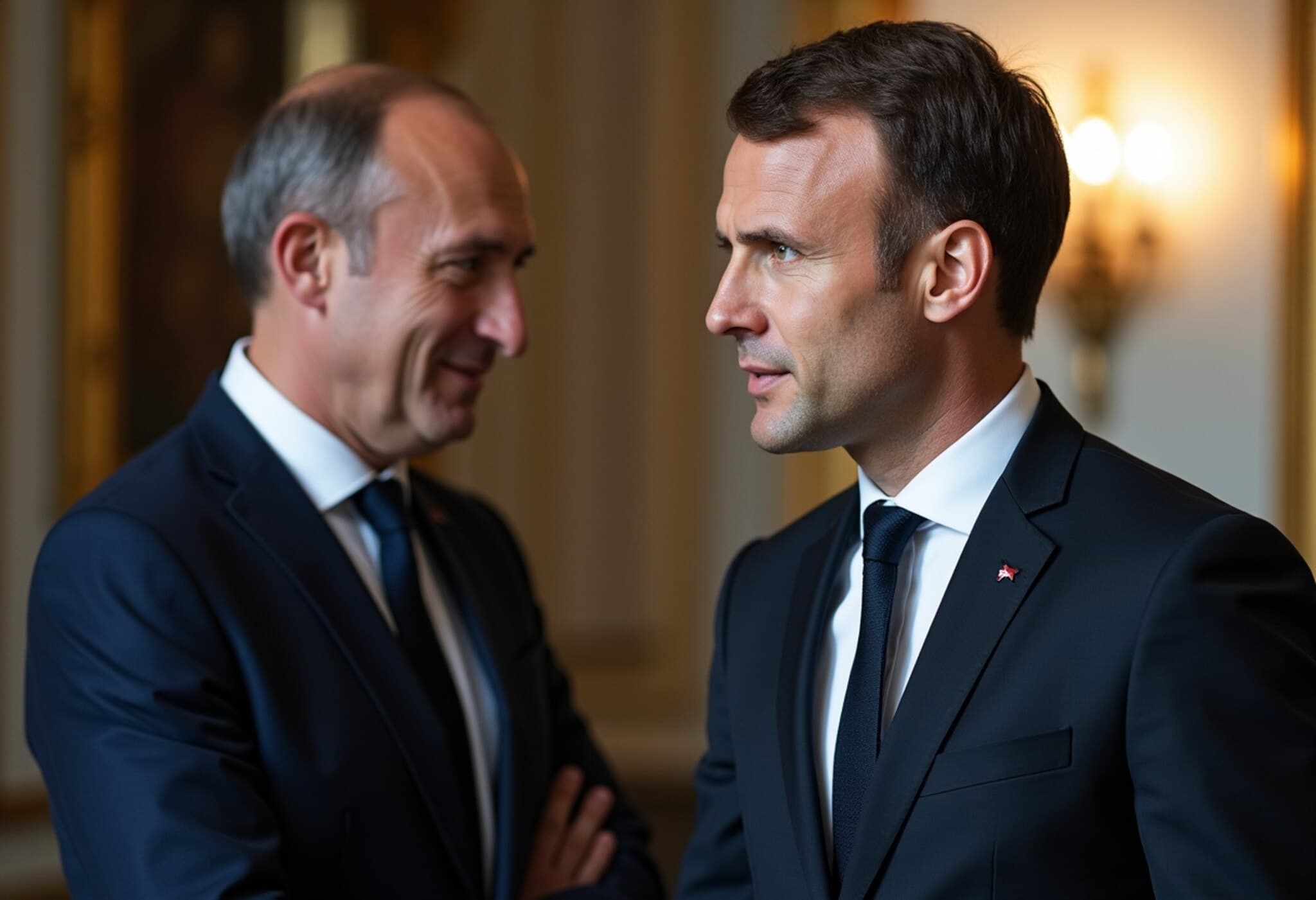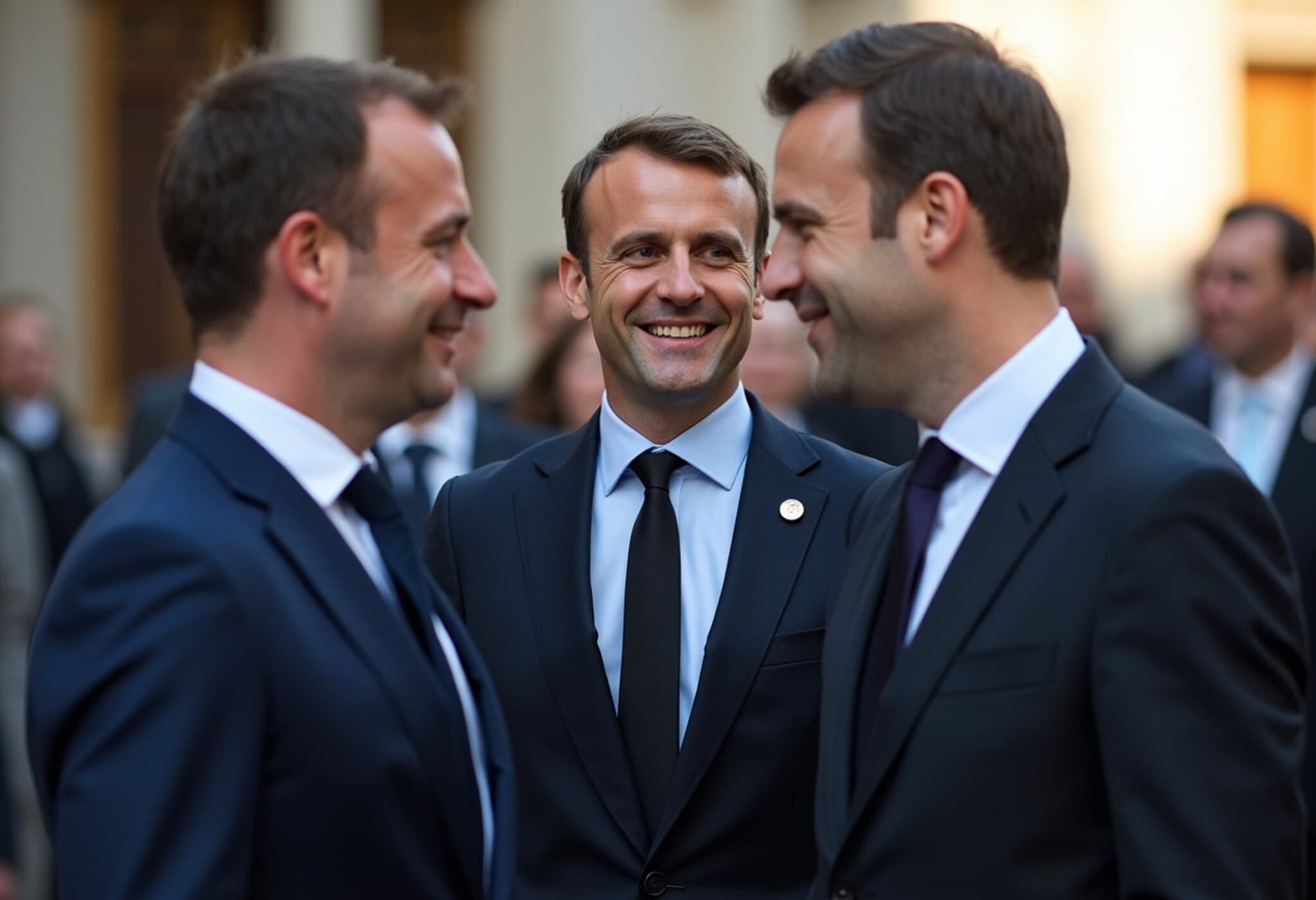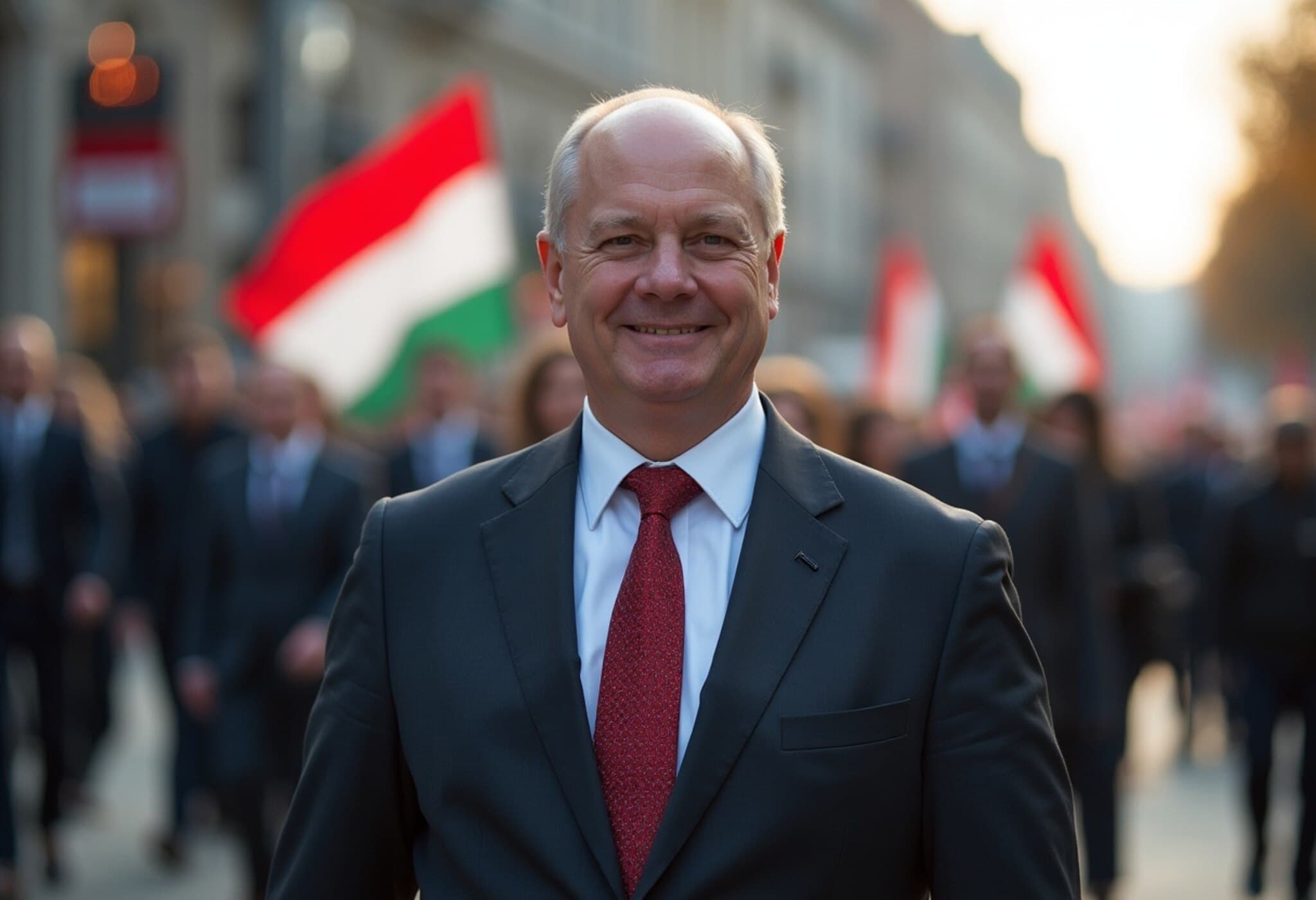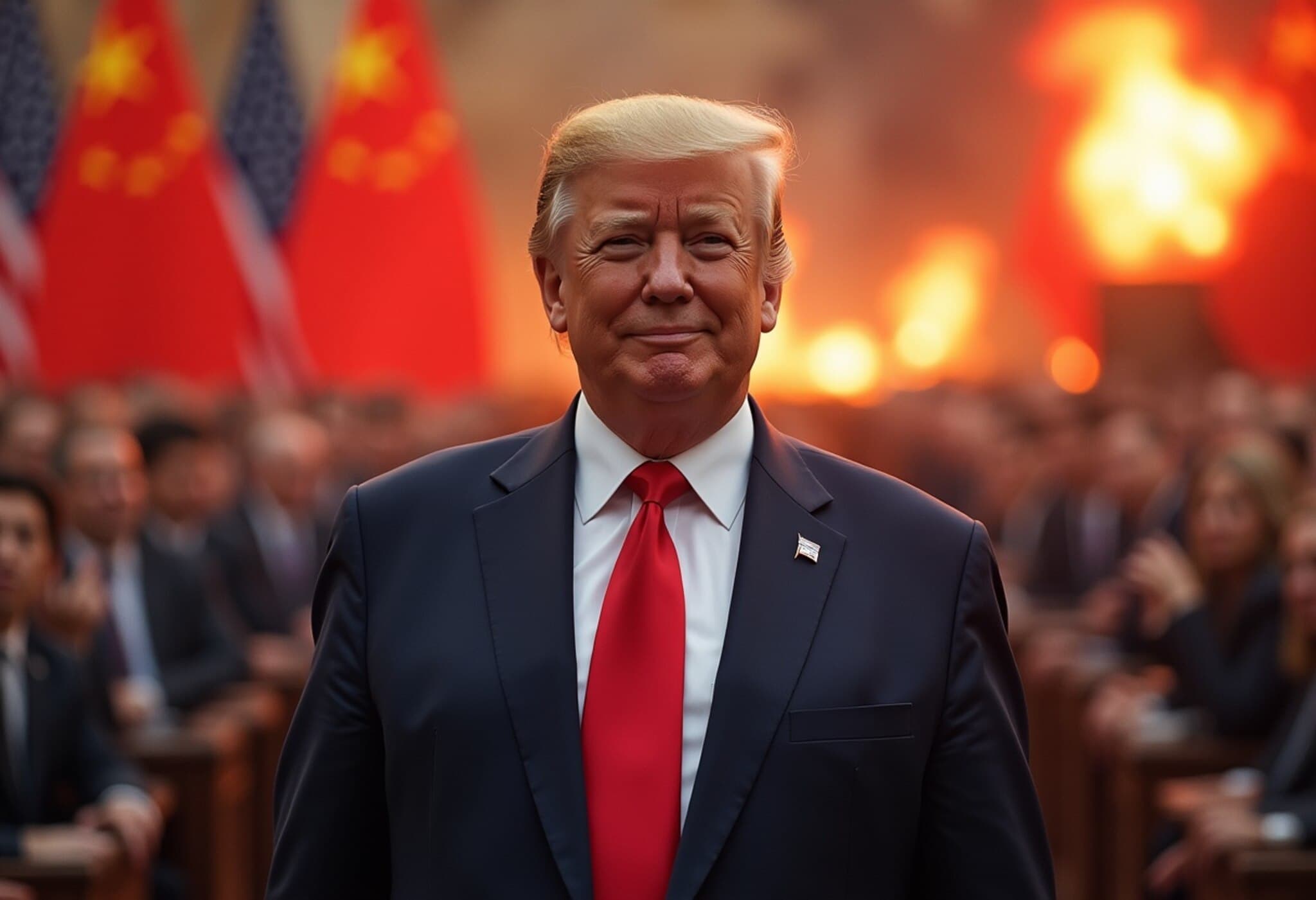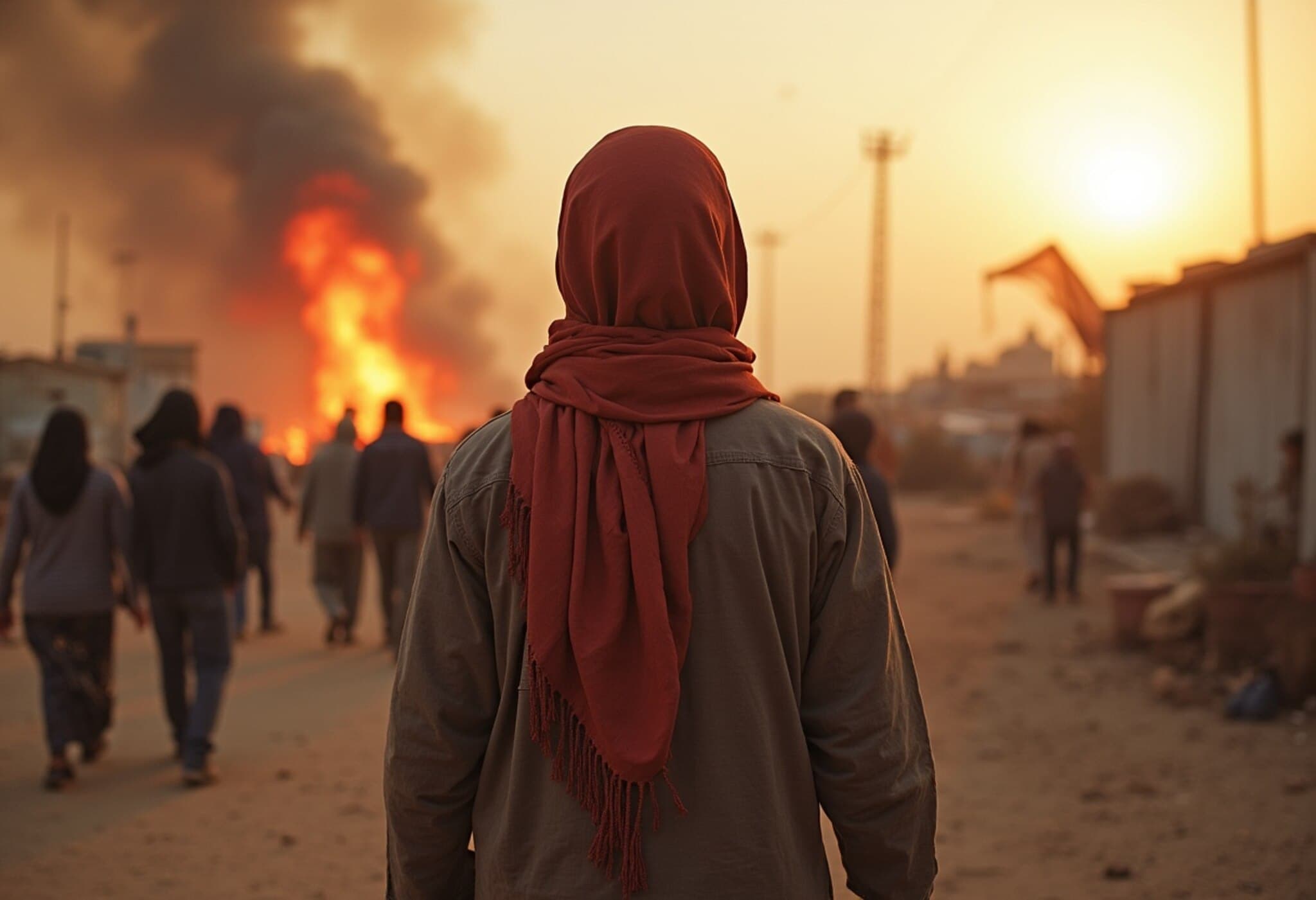European Leaders Rally Behind Moldova’s EU Ambitions Amid Rising Russian Tensions
In a powerful demonstration of solidarity, the leaders of France, Germany, and Poland—Emmanuel Macron, Friedrich Merz, and Donald Tusk—made a landmark visit to Moldova on August 27, 2025. Their presence in Chisinau marked Moldova's 34th Independence Day and sent a clear message of support for the country’s pro-European government, weeks ahead of critical parliamentary elections that are shadowed by concerns of Russian interference.
Moldova on the Frontlines of European Geopolitics
Moldova, a small Eastern European country nestled between war-torn Ukraine and NATO member Romania, is walking a geopolitical tightrope. Its pro-EU president, Maia Sandu, has spearheaded efforts to anchor Moldova firmly within the European Union, initiating accession negotiations in June 2024. Yet, this pivot toward Europe comes amidst intensified pressure and aggressive hybrid warfare tactics reportedly deployed by Russia, eager to thwart Moldova’s westward trajectory.
Macron Speaks Out Against Kremlin Disinformation
During the joint press conference, French President Emmanuel Macron was unequivocal in his message: “France stands determined to support Moldova’s European aspirations.” He directly challenged Kremlin propaganda, which falsely alleges that the European Union prolongs conflict and oppresses nations. “Unlike Russia, the European Union threatens no one and respects everyone’s sovereignty,” Macron emphasized, championing Moldova’s choice as a beacon for peace and justice in the region.
Solidarity from Germany and Poland Amplifies Support
German Chancellor Friedrich Merz echoed these sentiments, highlighting the constant threat Russia poses not only to Moldova’s security but also its democratic fabric. “Every day, Russia works tirelessly to disrupt and undermine freedom, prosperity, and peace,” Merz said, underscoring the hybrid attacks—both online and offline—that precede Moldova’s September 28 elections. He pledged Germany’s assistance in combating disinformation and bolstering Moldova’s security forces.
Similarly, Polish Prime Minister Donald Tusk’s presence symbolized enduring regional support for Moldova’s sovereignty and European future, framing the visit as an emblem of unity within Europe itself.
President Sandu: No Alternative to European Integration
President Maia Sandu expressed deep gratitude toward the visiting leaders, stating bluntly, “There is no alternative to Europe.” She cautioned that Moldova’s independence and peace are under unprecedented threat from external pressures, but she reaffirmed her nation’s resolve. “It is up to us whether these pressures divide or stop us.”
Challenges Ahead: Elections and Political Dynamics
Moldova’s pro-Western Party of Action and Solidarity (PAS), in power since 2021, faces uncertain prospects in the upcoming elections. Expert Cristian Cantir of Oakland University emphasized the stakes: “Most Moldovans view this visit as an endorsement of the pro-European path. If PAS falls short, the political landscape could tilt toward parties favoring rapprochement with Russia.” Such a shift could dramatically alter Moldova's trajectory on the European stage.
Why This Matters: Broader Implications for U.S. and European Security
The visit underscores a critical juncture not only for Moldova but for Europe’s wider strategic stability. For U.S. policymakers and allies, Moldova's path illustrates the ripple effects of Russian aggression beyond Ukraine. Supporting democratic resilience and EU integration here serves as a bulwark against authoritarian influence spreading in Eastern Europe.
Looking Forward
- The elections on September 28 will be a litmus test for Moldova’s democratic future and EU ambitions.
- Russia’s sophisticated “hybrid war” tactics—ranging from disinformation campaigns to cyberattacks—pose continual challenges.
- Western support, exemplified by this high-profile visit, is pivotal to Moldova’s ability to resist external pressures and maintain its sovereignty.
Editor’s Note
Moldova’s future hinges on its delicate balancing act amid geopolitical turbulence, caught between European aspirations and Russian hostility. The unprecedented solidarity shown by France, Germany, and Poland signals a broader Western commitment to defend democratic values and territorial integrity at Europe’s edge. Yet, the road ahead remains fraught, especially as the upcoming elections will test the resilience of Moldova’s democracy and the durability of its pro-European momentum.
For U.S. and European policymakers, this moment invites critical reflection on how to effectively support Moldova—not just with diplomatic gestures but through sustained security, economic assistance, and robust counter-disinformation strategies. As the front line of continental security shifts eastward, Moldova stands as both a vulnerable state and a symbol of hope for democratic transformation.

